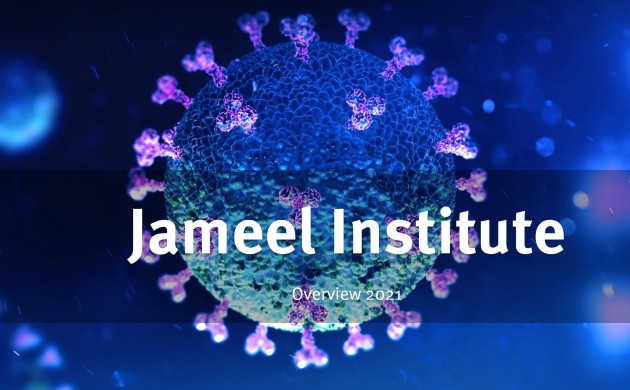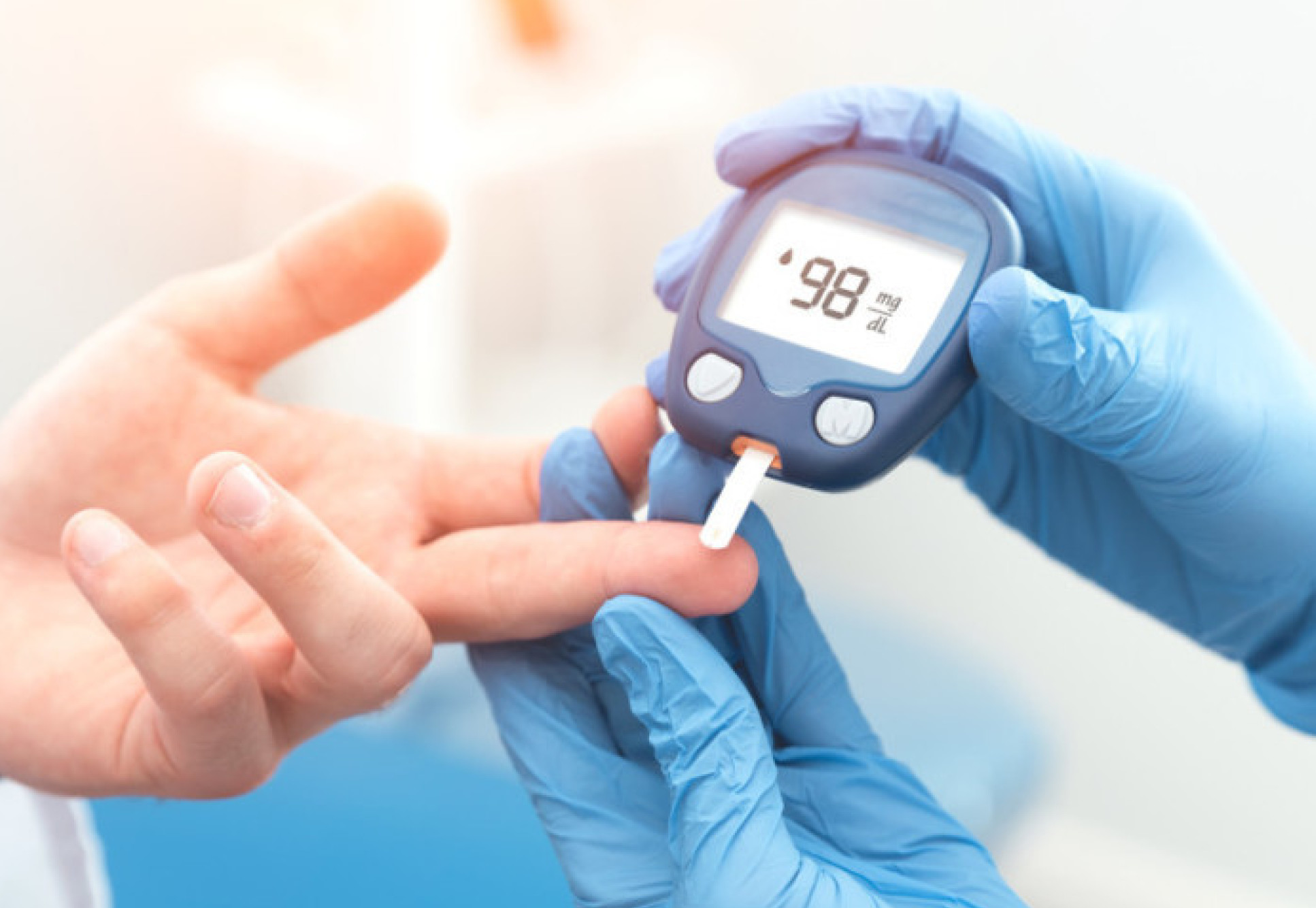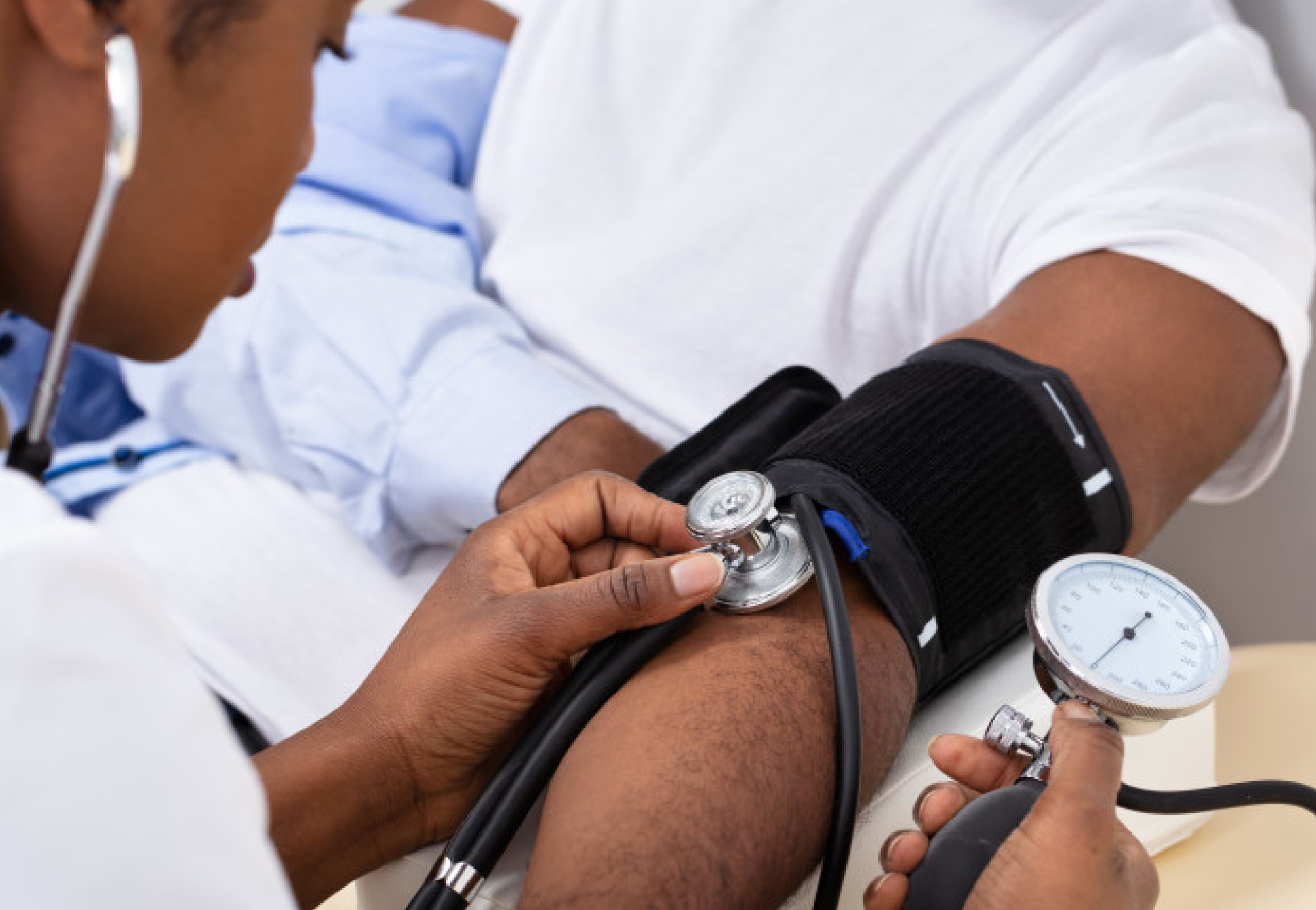Celebrating two years Jameel Institute: key milestones from the last 12 months

As we mark the second anniversary of the Jameel Institute, the team has published their annual report highlighting some key achievements.

The Institute’s mission to combat disease threats worldwide has never been so relevant than over the last two years. Part of the Imperial College COVID-19 Response Team, the Jameel Institute has worked with a range of departments and faculties to continue to rapidly share research and findings to support policymakers in the UK and abroad.
COVID-19 response
2021 has proved to be another challenging year for the Jameel Institute and its partners in countries around the world, but one filled with hope due to the arrival of the vaccines and new treatments. Prof Neil Ferguson
The Imperial College COVID-19 Response Team played an instrumental advisory role to the UK government on England’s ‘roadmap’ out of lockdown earlier this year. Twenty six reports were sent to the Scientific Pandemic Influenza Group on Modelling (SPI-M) between January and November 2021, with some also released publicly as Scientific Advisory Group for Emergencies (SAGE) reports. The researchers have also provided epidemiological analyses of the transmissibility of new variants (Alpha and Delta) to the NERVTAG Committee and the Cabinet Office.
The team has continued to provide advisory support to national agencies and bodies in many countries that were severely affected by the pandemic, including Brazil, France, Italy, India, Indonesia, Malawi, Mozambique, Philippines, South Africa, Sri Lanka, USA and Zimbabwe.
The pandemic confronts us with immediately challenging trade-offs between health, economic output, hospital capacity, and personal liberties, which we hope this system will help policymakers. Prof Katharina Hauck
Following the development of DAEDALUS, which assesses the economic and epidemiological impact of mitigation policies, the team is working with funding from the WHO to adapt the model for specific countries and provide direct support to decision-makers on navigating the trade-off between health and economic outcomes in pandemic mitigation. DAEDALUS was also used to calculate the return on investment of pandemic preparedness for the G20 High Level Independent Panel on Pandemic Preparedness report.
Strengthening health systems
I am really interested in the use of unconventional, novel data sources to support public health planning. For example, during the COVID-19 pandemic, we have come to rely on data from mobile phone apps to understand contact patterns. Prof Timothy Hallett
Professor Timothy Hallett’s group continued to examine the impact of potential public health interventions on a range of pressing endemic and epidemic diseases. This year, the team reviewed the global epidemiological of hepatitis B (HBV) and made the case of increasing the availability of the HBV vaccine at birth worldwide and for scaling up treatment in China.
Chronic diseases
In February, Professor Edward Gregg and team reviewed the trends in predominant causes of deaths in individuals with or without diabetes in England (over 2001-2018). The study – published in the The Lancet Diabetes and Endocrinology journal - analysed primary care health records and estimated how all-cause mortality and cause-specific mortality in people with diabetes have changed over time.

One of our newest members of the team, Dr Bin Zhou, led a consortium (NCD Risk Factor Collaboration) to collate the largest global database on hypertension and its treatment and produced estimates for 200 countries from 1990-2019. The results were published in The Lancet in August 2021. 
Public engagement
The Jameel Institute has again provided a platform for experts to discuss key COVID-19 themes, such as vaccine development and delivery and the role of data analytics during a pandemic. In May, the Institute held a joint webinar with the MRC Centre for Global Infectious Disease Analysis, exploring vaccine development, vaccine hesitancy and equity. In November, public health policymakers and journalists came together for our annual symposium to explore the role of data.
 Read the full report and executive summary here.
Read the full report and executive summary here.
Article supporters
Article text (excluding photos or graphics) © Imperial College London.
Photos and graphics subject to third party copyright used with permission or © Imperial College London.
Reporter
Dr Sabine L. van Elsland
School of Public Health
Roshni Mehta
School of Public Health